Contributors: Justine Pendergraft (UC Los Angeles) and Maria Newman (UC Berkeley) 2024 blog writing contestants
It turns out all that talk in the UCEAP predeparture orientations about embassies, health care, and emergency numbers—none of which sounds familiar or forgiving—isn’t just light advice. They’ll tell you to keep your essential documents close, never leave your belongings unattended, and always have a backup plan.
You’ll nod and think, “Well, of course, I’ll never be that person!”
And yet, two UC students, Justine and Maria, in their first 24 hours abroad, found themselves facing the kind of alarming situations that nothing could have prepared them for.
This isn’t a story about picture-perfect study abroad moments. This is about what happens when everything they warned you about actually happens, and how you’ll discover just how resourceful you can be.
Here’s what they learned about survival, resilience, and the real adventure of studying abroad. But first, let’s start with what went wrong.
Two Tales of “Oh No!” Moments
Justine’s Story
I’d made it past my layover into the European Union, and despite the best efforts of the child behind my seat I managed to sleep for the final leg of my journey to Berlin. When I awoke, it was 3 am back home, and I had been traveling for over 20 hours. I pinched my cheeks, patted the firm fabric of my passport holder under my hoodie, grabbed my backpack, and lurched off the plane into the next new chapter of my life. I planned to see the Harz National Park the next day, and I couldn’t wait to sleep in a real bed and start exploring Germany.
I didn’t get very far before I suspected something was wrong.
I checked my pocket for my phone (it was safe) and grabbed my suitcase off the carousel, but I couldn’t shake the feeling. As I checked the price for a train ticket to my hostel, I reached for the wallet I’d been carrying in a small purse, but the purse was gone! I realized with horror that in my exhausted state, I’d left it on the plane.
Maria’s Story
In a state of exhaustion and sweaty confusion, I arrived in Paris with only three wheels on my suitcase. As I dragged it onto the crowded bus, the driver asked if I spoke French. I wanted to respond “un peu,” but I was embarrassed that my pronunciation would be wrong, so I said, “non” instead.
Eventually I made it to the apartment just outside Paris where I would be staying for the first 10 days. I found the key that opened the door and, after a few attempts, made it inside. I dropped my things and checked the fridge. It was completely empty. My stomach folded into itself and started making noises. My desperation to take a shower was outweighed by hunger, so just 10 minutes before the supermarket closed, I dashed downstairs and bought a box of pasta and a jar of tomato sauce.
I climbed the stairs again and tried to open the door, but it wouldn’t budge.
Reality Sets In
Justine’s Story
I waited for my turn at the lost luggage desk, suddenly feeling naked with the weight of the knowledge that I had absolutely zero currency on me at all.
“Sprechen Sie Englisch?”
“Yes, a little.”
It was the first of many times I would utter this classic exchange over the course of my time in Germany. From the person at the desk, I learned that the only way I’d be able to ask anyone to keep an eye out for my bag would be to send an email to a help desk and then wait for 24-72 hours.
I was suddenly struck with the weighty realization that I had no money. I couldn’t even leave the airport!
Maybe in a few days, they’d hopefully tell me they’d found my bag, but I couldn’t even buy food until then. The only thing I had on me was a packet of nuts my mother gave me. It was at this point that I knew I had messed up badly and I struggled not to cry.
Maria’s Story
I had been warned that the door was difficult and tried all the tricks I’d been given, including the twist-push-pull motion combined with a body slam that worked the first time.
By now, it was almost midnight, and everything was closed. The apartment owner wasn’t responding to my messages, and my phone battery had only 5% left. Various neighbors passed by and offered to help wiggle the key and slam their bodies into the door, but they were no more successful than I was. It started to look like I would have to sleep in the stairway.
I slid to the floor and sat in the dark as the automatic lights clicked off.
The Kindness of Strangers
Justine’s Story
As my brain worked through the options and took stock of the situation, I was reminded that the only real issue I had was my missing wallet. I still had my phone, my passport, and all the other things I needed to survive.
I didn’t have the foresight to set up a tap-to-pay app on my phone, but I did have a reservation for a hostel in the center of the city if I could find the 4,40 Euro fare to get there. I focused on completing the immediately necessary actions—sending an embarrassing text to my parents and a similar one to the UCEAP staff, locking my credit and debit cards, and calling the airline customer service to look for my purse. Then, I started to figure out the 4,40 Euro problem. Could I call another UCEAP student to spot me? I briefly considered the logistics of busking in the airport terminal when I slid my hand into the forgotten recesses of a crumb-filled pocket of my backpack and discovered a $20 bill!
I don’t think there has ever been a time when I so desperately needed to magically find money.
Nothing I write can capture my shock and appreciation for that wadded-up $20 and my incredible foresight when I stuffed it in that pocket for emergencies years ago. Reverently, I carried that bill to the currency exchange counter and explained that I’d lost my wallet. With the most serious expression I could muster, I said, “This is the only money I have. Please give me a good rate on this.” I walked away with 15 Euros—enough to buy the train ticket, a very light dinner, and a room key deposit at the hostel.
Maria’s Story
I heard a woman scream, and she dropped everything as the lights flickered back on.
She had been startled by me in the dark and began to yell at me in French. I told her I didn’t speak French very well, and in broken English, she asked me what was wrong.
We talked as best we could, and she let me into her apartment to charge my phone. She called the closest hotel for me and explained that I was coming. In French, she told me not to talk to the driver they would send if he seemed creepy, and made me promise to message her when I arrived safely. If I hadn’t been so tired, I would have been happy to notice my limited language skills were kicking in already.
The hotel driver wasn’t creepy at all, but a nice man from Morocco, and we talked about their national football team as I melted into the seat with exhaustion and relief.
Silver Linings and Lessons Learned
Justine’s Story
When I finally fell into bed that first night, I couldn’t help but laugh. I’d somehow managed to get myself into one of the worst binds I could have possibly managed, yet I had a bed, a full stomach, and a plan for the next day. I knew, despite the meager coins in my pocket, everything would be alright in the end.
The next day, I managed to get some emergency cash, and I got an email from the airport that my bag had been found. Then, I met some people at the hostel, and they took me sightseeing. I discovered what ended up being one of my favorite places to eat, the Markethalle Neun. Delaying my national park adventures wasn’t the worst thing in the world, either.
Many things can and likely will go wrong when you study abroad, and the solutions may not be obvious.
The very act of studying abroad puts you in some uncomfortable situations, and overcoming those challenges will help you grow. Studying abroad can be a terrifyingly scary step in your life, but, especially with a support system like UCEAP’s, you’re never truly alone or without help when you need it.
Maria’s Story
Doors in Paris are old and they swell in the heat, a fact I learned the next day from the locksmith who told me not to blame myself.
I would grow to hate doors in Paris, but I never dreamed that a jammed door could spark a connection with someone I wouldn’t have met otherwise.
I came from a place where everything was understood. I knew my own people so well that we could communicate in monosyllables with no effort. I was the worst version of myself back home because I didn’t have to rise to the occasion. In Paris, I had no choice. Everything was new and complicated.
When I graduated, the commencement speaker’s only advice was to travel, because if we didn’t, we would never know what it was like to be a stranger in a strange land, dependent on the kindness of strangers. It was a lesson I already knew quite well.
Study abroad is full of lifelong lessons—here are some more student stories:
- Opportunities present themselves when you least expect them, and by embracing the uncertainty, you can have your greatest adventure yet.
- From struggling to comprehend 98 degrees in Celsius to mistakenly asking for soup instead of soap, taking a year to learn a language leads to unexpected rewards.
- Just when you think you’ll assimilate easily into your life abroad, you may be surprised to find yourself struggling with culture shock and more.

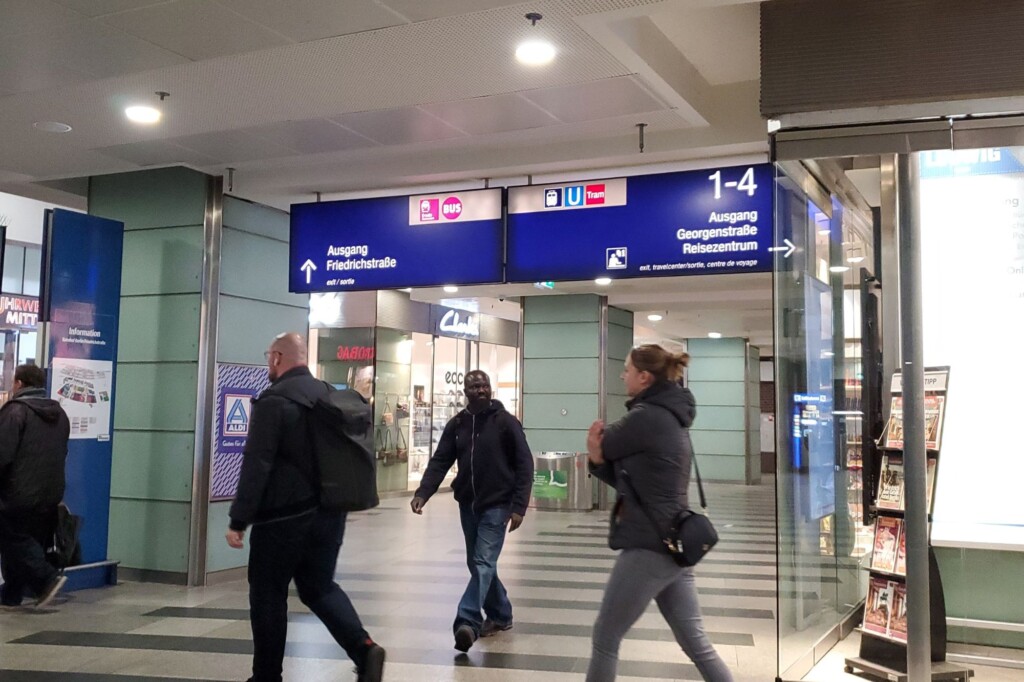
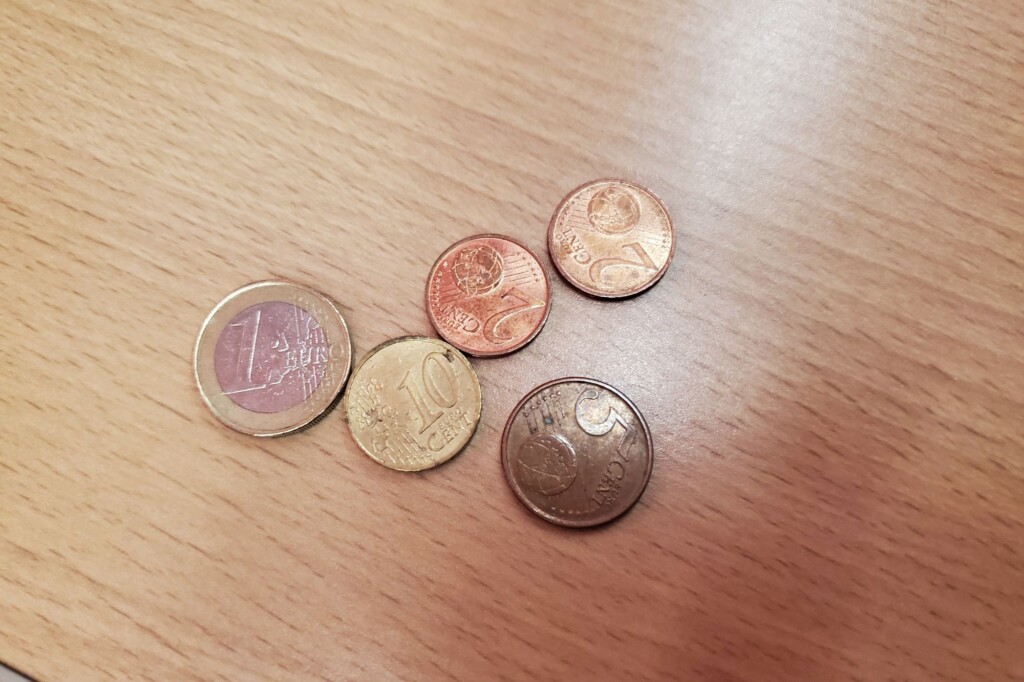
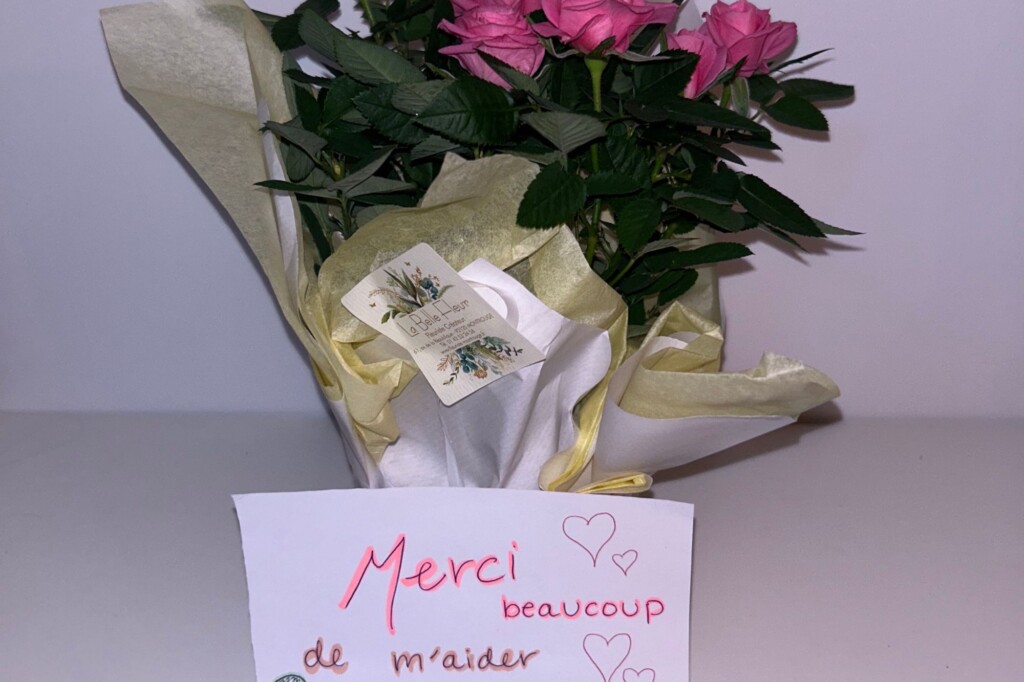
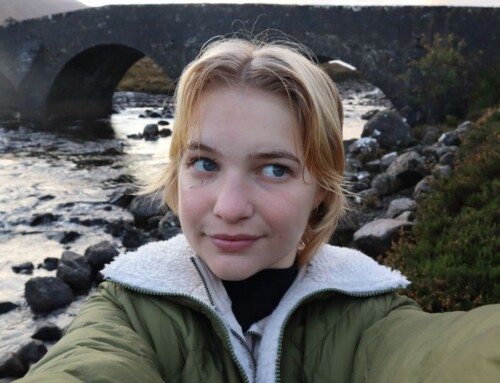



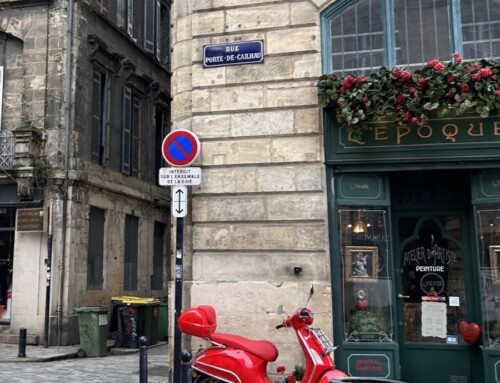
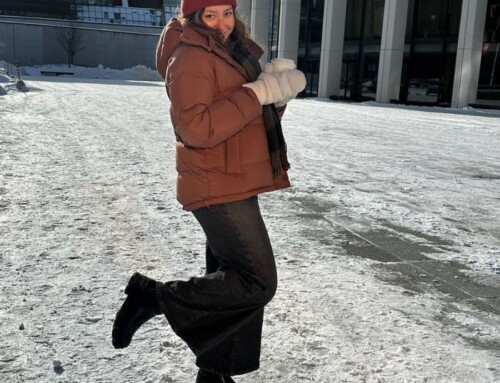
Leave A Comment